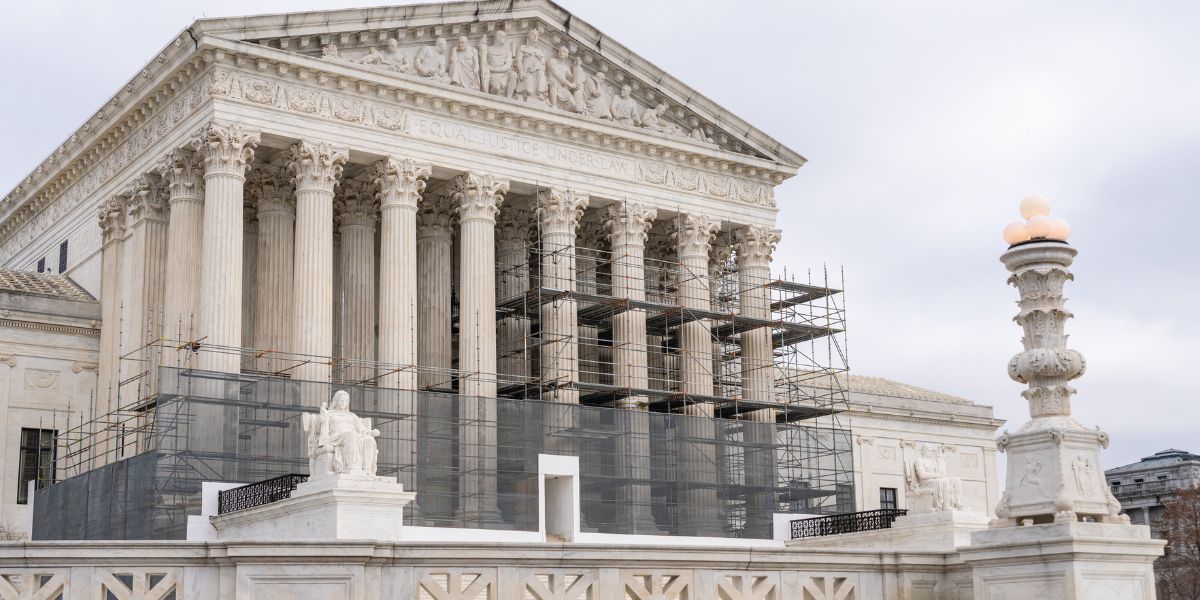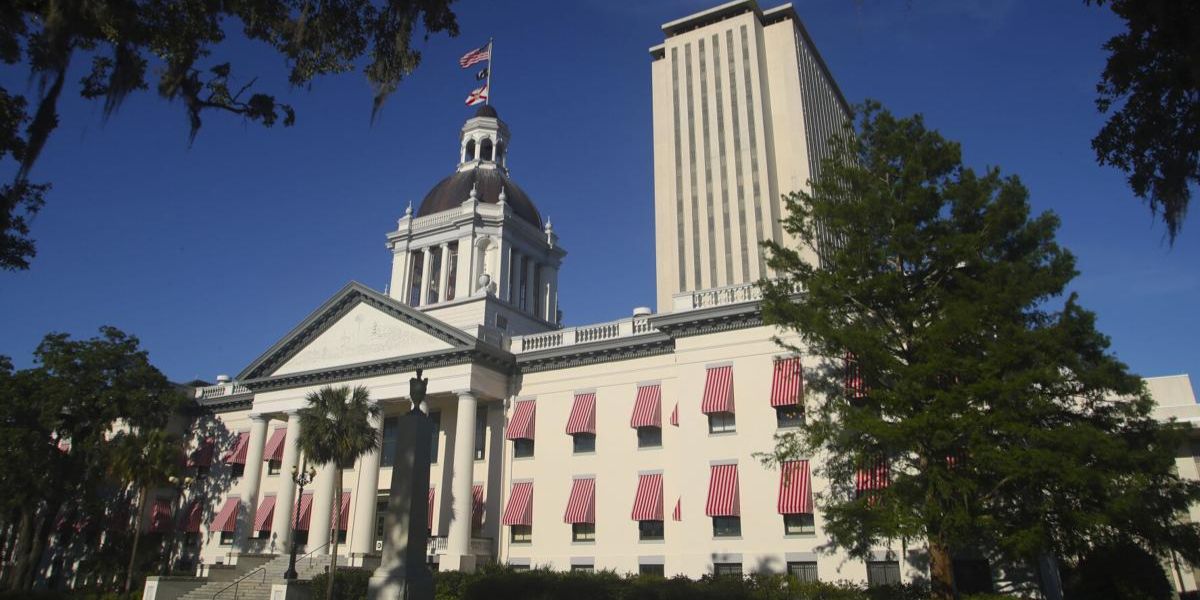In a widely followed case that presented a test for the separation of church and state, the Supreme Court, which is evenly divided, blocked the effort Thursday by upholding a lower court ruling that declared a contract approved by the Oklahoma Statewide Charter School Board that established the country’s first religious charter school to be invalid.
The Oklahoma Supreme Court’s ruling is upheld after the high court divided 4–4. Amy Coney Barrett, the justice, did not take part in the case. In a single, unsigned ruling, the high court declared that “the judgement is affirmed by an equally divided court.”
The legal battle, which was argued at the end of April, might have allowed public funds to go straight to religious schools. However, after the arguments, it seemed that Chief Justice John Roberts, who concentrated on the extent of state involvement in its charter school program, would decide the case’s outcome.
In a case that is likely to involve all nine justices, the Supreme Court will likely revisit the question of whether religious organisations must be allowed to participate in state charter school systems.
Following three recent decisions in which the Supreme Court sided with religious families and organisations contesting state-funded programs for excluding religious beneficiaries as a violation of the First Amendment’s Free Exercise Clause, the legal battle over the attempt to establish St. Isidore of Seville Catholic Virtual School in Oklahoma followed suit.
When Missouri denied Trinity Lutheran Church Child Learning Centre grant funding to resurface its playground in 2017, the high court declared that Missouri had violated the center’s right to free exercise.
The Supreme Court then ruled in 2020 that Montana could not bar religious institutions from participating in a program that offers tax credits to donors to private school scholarships. The Supreme Court most recently ruled in 2022 that Maine could not restrict its tuition assistance program to nonsectarian schools.
The first religious charter school in the nation might have been established if the school had won the case.
Republican attorney general Gentner Drummond of Oklahoma, who opposed the school’s creation, had cautioned that a ruling upholding its contract would violate federal charter school regulations, which mandate that charter schools be nonsectarian, as well as laws in at least 45 states and the District of Columbia.
Like at least 44 other states and the federal charter school program, Oklahoma has allowed charter schools to operate within its public education system since 1999.
The schools must be “nonsectarian in its programs, admission policies, employment practices, and all other operations.”
In the 2022–2023 school year, the Oklahoma State Department of Education reported that at least 30 charter schools serving over 50,000 students in the state received $314 million from the state and $69 million in federal funds.
According to court documents, the St. Isidore of Seville Virtual Charter School Inc. was established in January 2023 by the Archdiocese of Oklahoma City and the Diocese of Tulsa with the intention of establishing and running St. Isidore as a Catholic school.
The Oklahoma Statewide Charter School Board received an application from St. Isidore in May of that year to create a virtual charter school that “fully embraces the teachings of the Catholic Church’s Magisterium” and “fully incorporates these [teachings] into every aspect of the school.”
Don’t Miss:
- North Carolina GOP Budgets Clash Over Taxes Salaries and Vacancy Cuts
- Education Department Investigates Admissions at Selective Virginia High School
- Harvard Prohibited from Admitting Foreign Students Under Trump Rule
According to court documents, the school projected that it would receive approximately $2.7 million in state funding for its first year of operation and estimated that it would enrol 500 students initially.
Ahead of the board’s vote, Drummond cautioned against approving St. Isidore’s application, claiming that a previous analysis in favour of the school by his predecessor might be “used as a basis for taxpayer-funded religious schools, which is exactly what [St. Isidore] seeks to become.”
Nevertheless, St. Isidore’s application was approved by the charter school board 3-2, and the school and the board signed a contract in October 2023 that made St. Isidore’s a charter school.
In the same month, Drummond filed a direct lawsuit against the board in the Oklahoma Supreme Court, requesting that it cancel the charter agreement and rule that St. Isidore’s charter school status was illegal.
Because St. Isidore’s is a public charter school, the attorney general won the case before the state’s highest court, which decided that it violated both the Establishment Clause of the First Amendment and the state’s requirement that such entities be nonreligious because it would “permit state spending in direct support of the religious curriculum and activities within St. Isidore.”
St. Isidore’s and the Oklahoma charter school board appealed the state court decision to the Supreme Court, which stated in January that it would consider the case.



